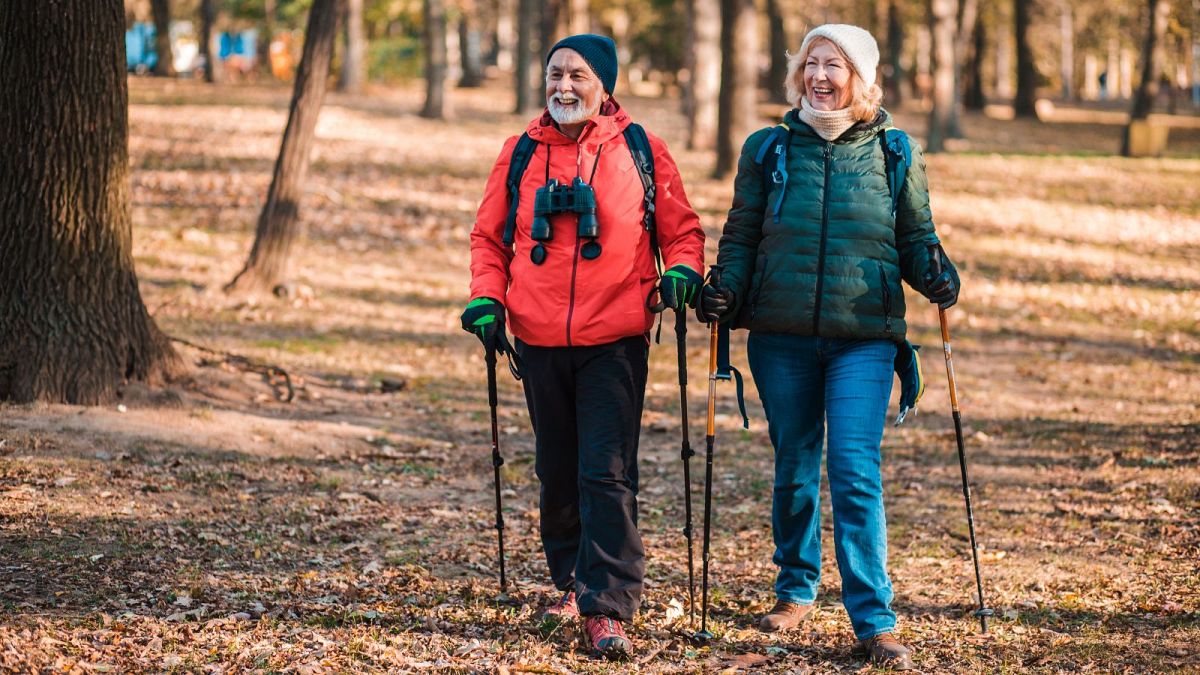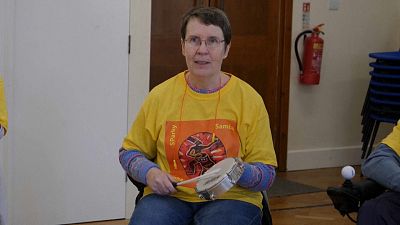Having a hobby was linked to greater life satisfaction across 16 countries on three continents, according to a new study.
Joining a reading club, gardening or volunteering could bring older individuals greater happiness and fewer depressive symptoms, according to a new study.
Published in the journal Nature Medicine, more than 90,000 older individuals in Europe, Japan, China and the US self-reported their happiness and life satisfaction as part of several existing studies.
The researchers found that having a hobby was linked to fewer depressive symptoms and more happiness in respondents, who were all over the age of 65.
"Our study shows the potential of hobbies to protect older people from age-related decline in mental health and wellbeing," the study's lead author Dr Karen Mak, a senior research fellow in epidemiology and statistics At University College London, said in a statement.
"Hobbies may contribute to life satisfaction in our later years through many mechanisms, including feeling in control of our minds and bodies, finding a purpose in life, and feeling competent in tackling daily issues".
The proportion of individuals who had a hobby was different depending on the country.
In Spain, 51 per cent of study participants reported having a hobby compared to 96 per cent in Denmark and 95.8 per cent in Sweden.
While participants in China had the lowest participation in hobbies, with just 37.6 per cent saying they had one, the researchers contended that respondents had only been asked about social hobbies there.
Countries with better life expectancy
The study found there were benefits to having a hobby in all of the countries studied.
But more people typically had a hobby in countries with better life expectancy and national happiness levels as well.
"Theoretical work suggests the relationship between hobbies and wellbeing may cut both ways – that people with better mental health may be more likely to take up a hobby, and persisting with a hobby may help us to retain improved life satisfaction," Mak added.
"Our research also supports policymakers in promoting access to hobbies among older people as a way to enhance their wellbeing and health".
One limitation of the study is that it was observational and therefore did not prove a causal link between having a hobby and fewer depressive symptoms.
As populations in Europe and globally age, there is greater interest in how hobbies could help increase older individuals' mental health.
The median age in European Union countries, for instance, is projected to increase by 4.5 years between 2019 and 2050, to reach 48.2 years.
Globally, the researchers said, the population of people aged 65 and older is growing at a faster rate than any other age group.
"Our results suggest that having a hobby may have the potential to be associated with improvements in health amongst the older population cross-culturally," the researchers wrote in the study.



